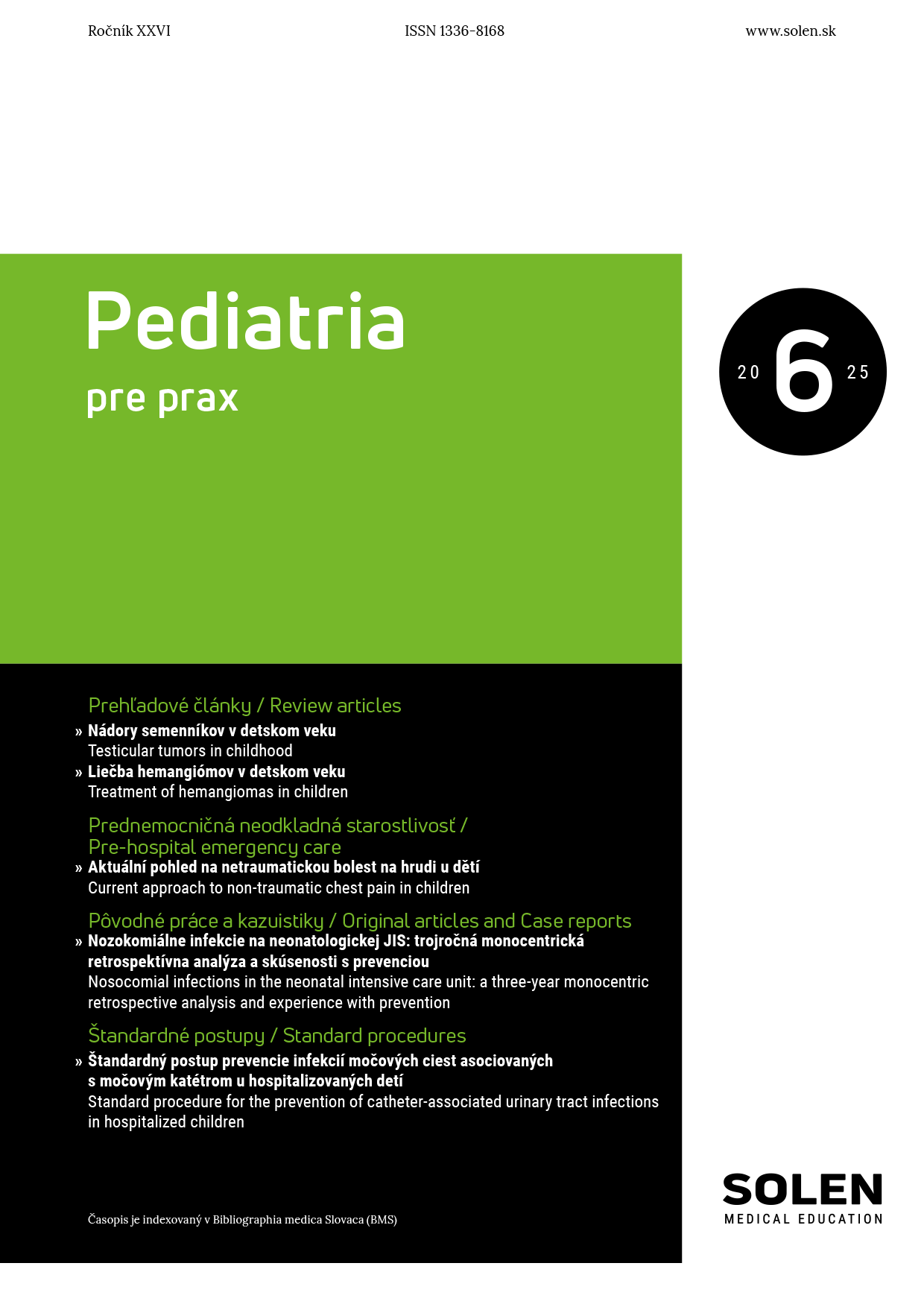Psychiatria pre prax 2/2025
University students' experiences with gaslighting
Introduction: Gaslighting is a form of emotional abuse in which one person systematically causes another to doubt their own thoughts, feelings, memories, and beliefs. Such behavior often leads to confusion, anxiety, and a loss of self-confidence in the targeted individual, who may sense that something is wrong but cannot precisely identify the source of their discomfort. The consequences of gaslighting can seriously disrupt daily functioning, personal well-being, and interpersonal relationships common effects include depression, anxiety, insomnia, low self-esteem, and a negative self-image. This study is focused on assessing exposure to gaslighting in romantic relationships using the GREI (Gaslighting Relationship Exposure Inventory).
Sample and Methods: The survey was designed as a cross-sectional study and was carried out using paper-based questionnaires. The sample consisted of 60 students from various academic programs taught at the 1st Department of Psychiatry of Medical Faculty of P.J. Šafárik University in Košice. The main outcome measure was the presence of personal experience with gaslighting. Multiple linear regression was used to analyze the combined influence of demographic variables (gender, current age, age at the onset of the experience, duration of the experience, and place of residence) on the cumulative GREI score.
Results: Statistical analysis identified two factors that had a statistically significant effect on the cumulative GREI score. The first was the age at the onset of the experience — with earlier experiences correlating with higher cumulative scores (p = 0.028). The second factor was the duration of the experience — longer exposure was associated with higher cumulative scores (p = 0.038). In contrast, gender and place of residence did not show a statistically significant influence on the results.
Conclusion: The results suggest that gaslighting is a prevalent phenomenon among university students. Only 11 out of 60 respondents reported no experience with this phenomenon. Statistically significant predictors of higher GREI scores were younger age at the onset of the experience and longer duration of exposure. The findings highlight the need for greater awareness, early recognition, and intervention in cases of gaslighting in romantic relationships among young adults.
Keywords: gaslighting, relationships, university students, GREI questionnaire

















